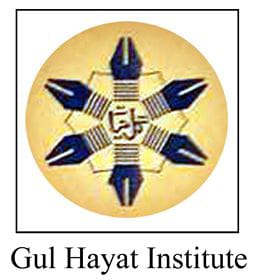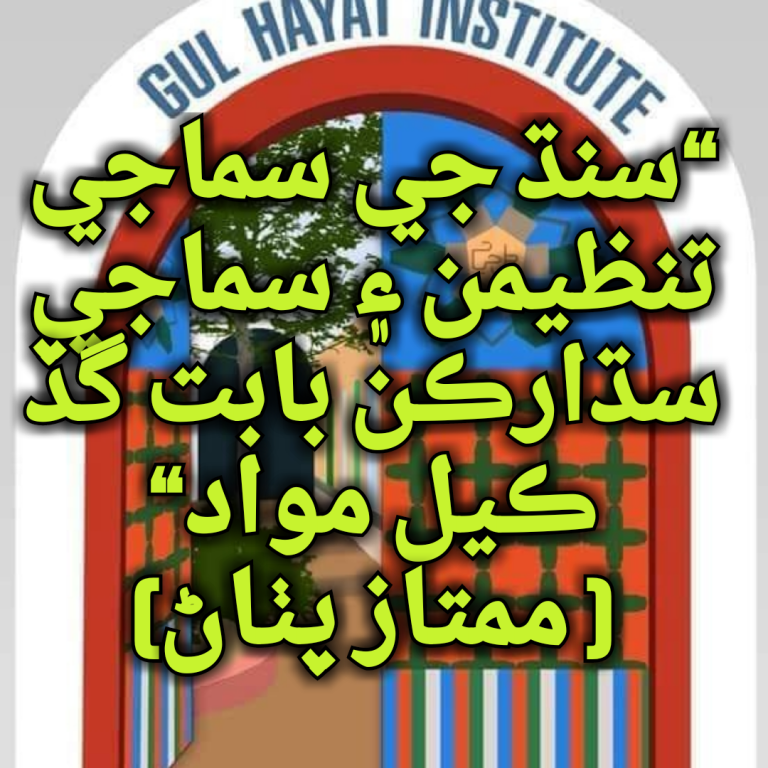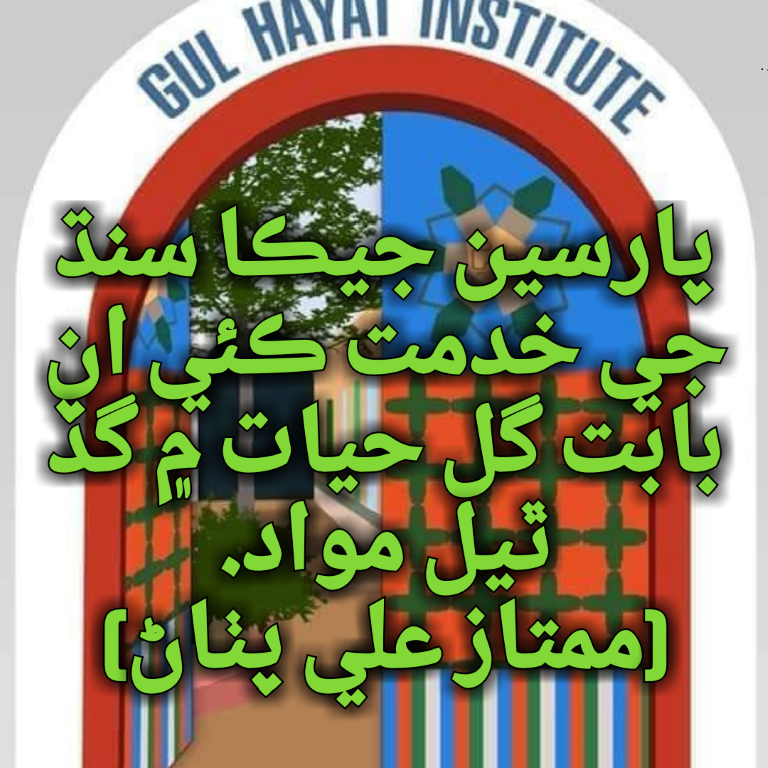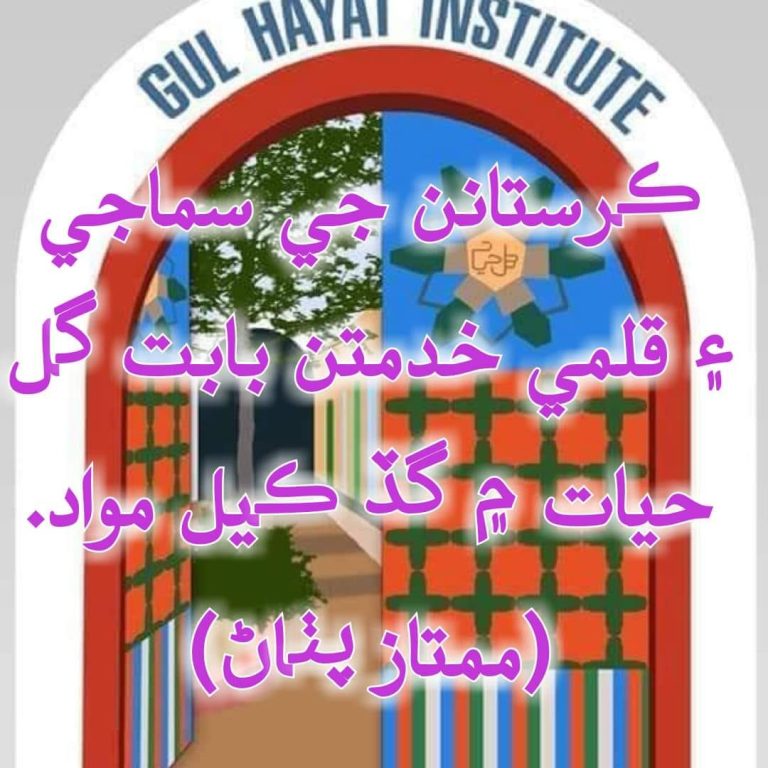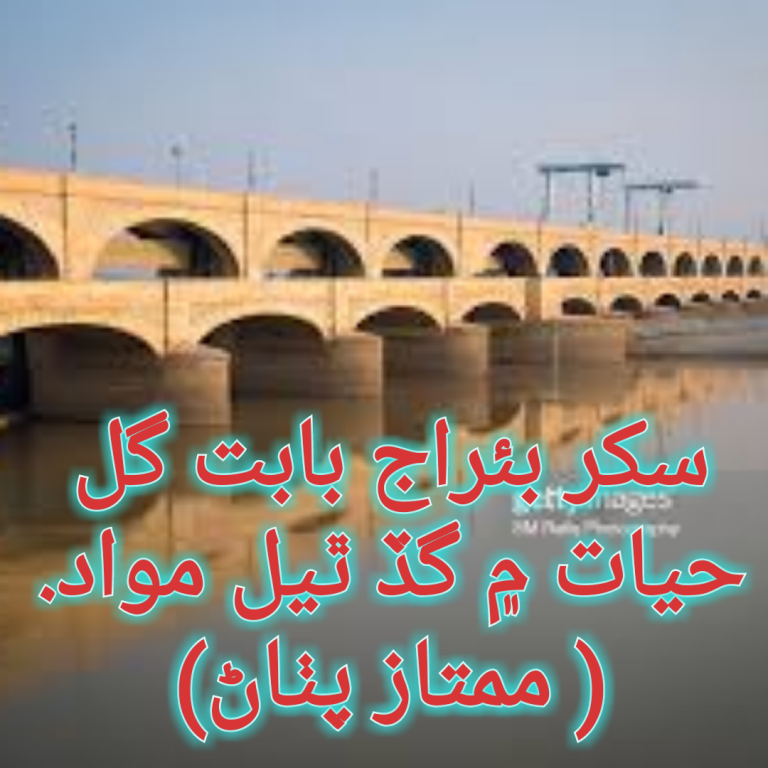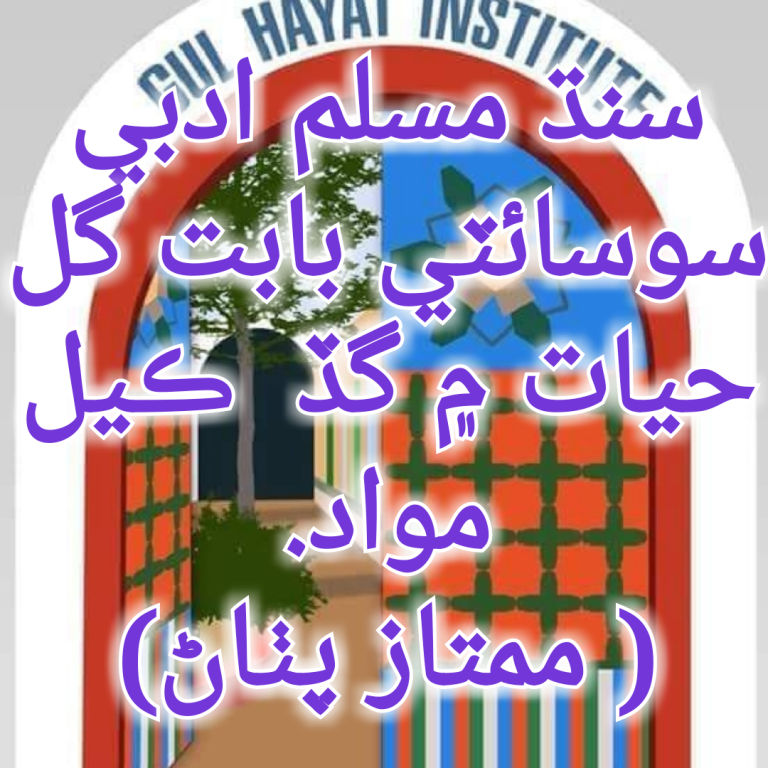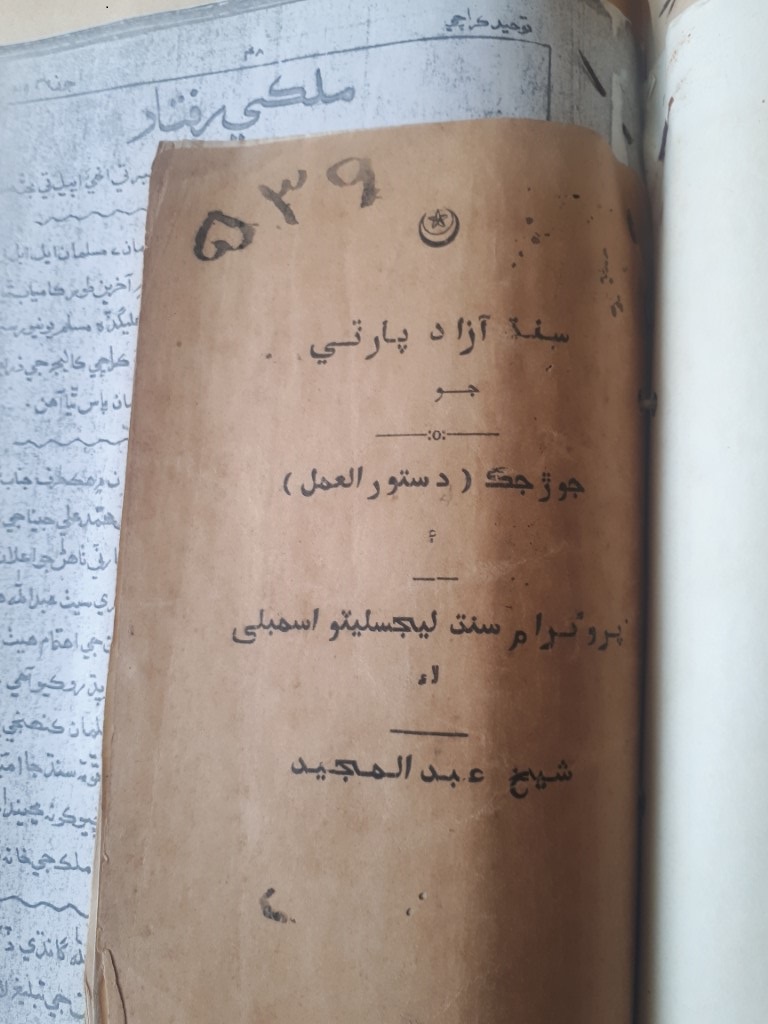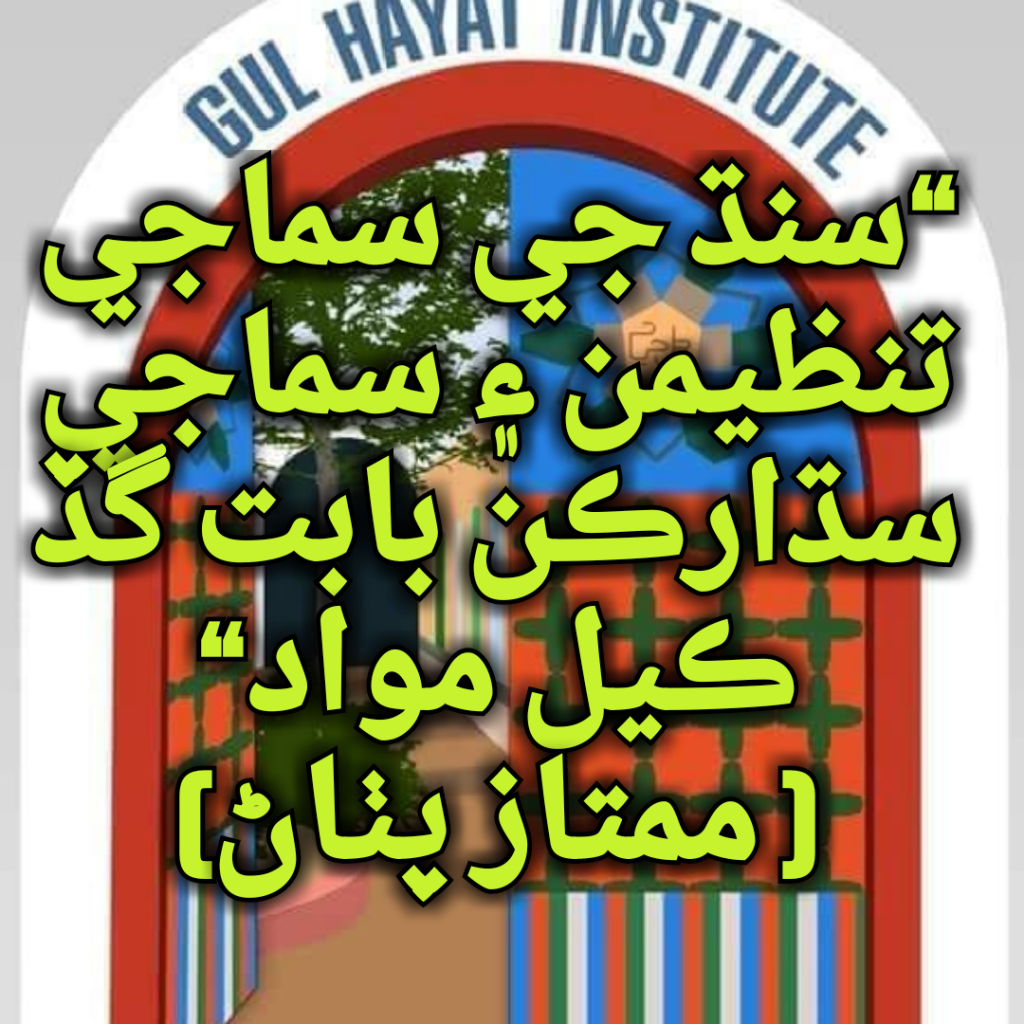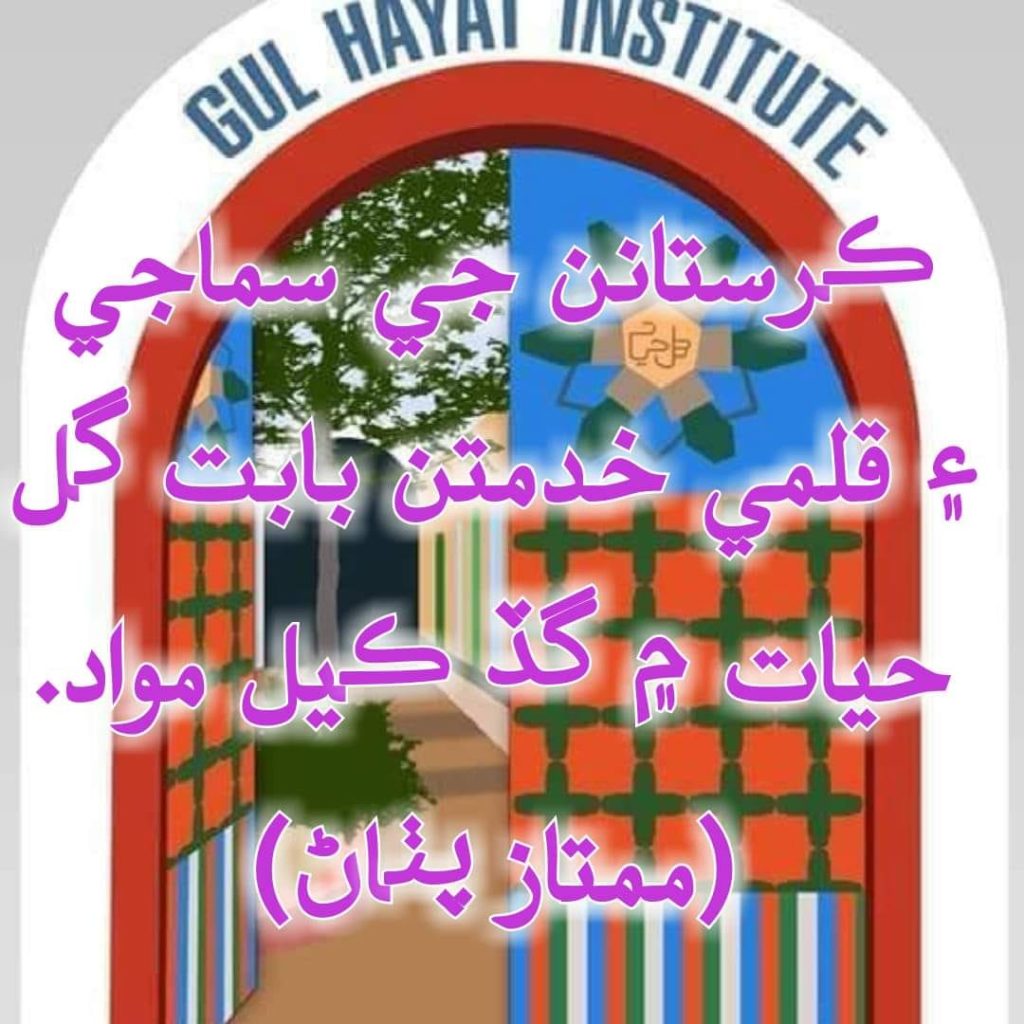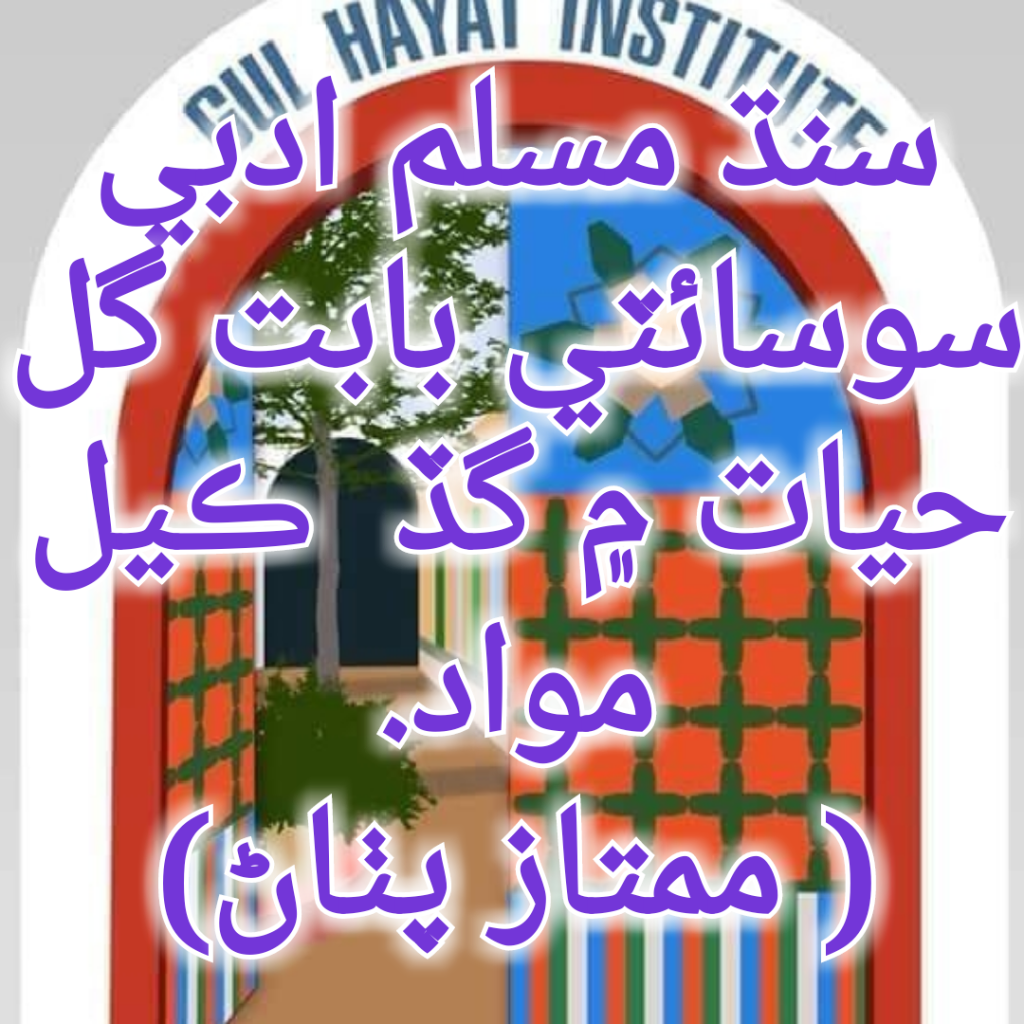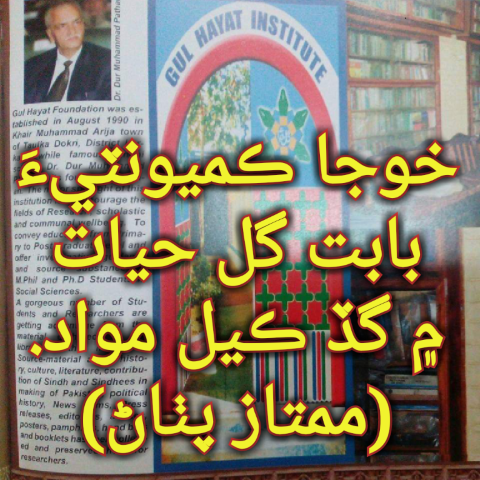REPORT
OF THE IMPERIALS
SIND PROVINCIAL CONFERENCE
KARACHI
1918
5TH SIND PROVINCIAL CONFERENCE
KARACHI
PRESIDENTIAL SPEECH
Brothers, Delegates, Ladies and Gentlemen!
The gratitude I feel for the great and the signal honour which you have been pleased to do me by electing me to preside over your deterioration on this memorable occasion in our Capital City of the Province. I realize that this honour is the highest distinction which it is in the power of my countrymen, most to the Congress Presidentship, to bestow. But when I realize the responsibility attached to this honour, I sincerely feel that worthier shoulders than mine would have before sustained the burden.
When however, I received your mandate in the midst of my humble work I at firs hesitated, but then I felt it my duty to obey and here I am, for better or for worse.
At a time like this, I feel that what is required is a bold, emphatic and respectful declaration of our grievances, desires and aspirations, I shall endeavour to fulfill this task to the best of my ability and will rely on your indigence for my short-comings.
The King Emperor
Gentlemen! Our first duty today is to lay the feet of our august and beloved Sovereign George V King and Emperor our unswerving fealty, our unshaken allegiance and our enthusiastic homage. The throne in England is above all parties beyond all controversies.
It is the permanent seat of the majesty, the justice, the honour and the beneficence of the British Empire.
And in offering our homage and our fealty to its illustrious occupant, we not only perform a loyal duty but also express with the gratitude of our hearts for all that is noble and high minded in England’s connection with India. The late Queen Empress Victoria the Good and her worthy son, King Edward the Peace Maker are known to have exercised within the limits of their constitutional position vast influence for good in favour of a policy of justice and sympathy towards India. Our present King Emperor had announced his resolve to walk in the foot steps of his father and grand mother. We have therefore our fullest trust in him and the British Parliament that a policy of righteousness will be pursued towards India in the decision of India’s claim to Self-Government within the Empire, after Mr. Montagu goes back and submits his report on the subject, “We only claim that we should be in India what Englishmen feel to be in England and in the Colonies”.
Tribute to the Dead
Ladies and gentlemen! We have every year to concern the loss of some of our brilliant and enthusiastic workers, who pass away leaving us Emperor in the ranks of our public men.
Since we met last at Shikarpur, the cruel hand of death have snatched away from us Mr. Achalsing Advani, a leading pleader of Karachi, a man of great intellectual abilities, undaunted courage brilliant powers of expression and unbounded enthusiasm. He was the rising star in the Political horizon and a man of great personality who took keen interest in unifying Political forces in Sind. It was only last year at Shikarpur, that while addressing you from the Conference platform, this young man gave you a promise that he will thoroughly master of Sindhi language at today’s Conference. But it was he who pressingly invited the Conference to Karachi this time. He has pressed away. How greatly do we miss today his familiar and sweet face from this platform!
Next, gentlemen, we have to mourn the loss of that great towering personality – the Pioneer of Modern nationalism, who was our pilot under storm and stress – Our India’s grand old man, Mr Dadabhai Nourji. He was India’s greatest leader and friend. No language will suffer in describe his deeds, and service to his country, his splendid courage and his unfaltering devotion in the course of Home Rule. His name is a bye-word in every family in India. To him is due the word “Swaraj”.
An other great patriot and friend of India, Sir William Wedderburn has been removed by death. He was the last of that noble trio who for long years and under the most trying circumstances toiled hard and incessantly and unselfishly for the uplifting of India. Mot of us knew Sir William personally as the judge of our Sadar Court and then of the Bombay High Court. Twice was she president of the Indian National Congress at Bombay and Allahabad. Any one like myself, who had the good fortune to know him personally, will testify how he inspired, elevated and educated those who came under his influence by the nobleness of his nature, his world-wide sympathies, his profound earnestness, his ceaseless devotion to the cause of India and by his indomitable faith in the British sense of justice and his inestimable exertions even by the calumny end obloqucy which his own countrymen heaped on his head. He was deeply touched and greatly distress by the sad plight of the poor Indian raiyat and like Mr. Dadabhai his whole heart was fixed upon devising, advising, and insisting on measures emulated to alleviate their unfortunate condition. Sir William at the age of 72 came all the way from England in 1910 to preside at the Allahabad Session of the Congress in order to cement the bonds of unity between Hindus and Muhammadans.
We have suffered another great loss in the cause of the Indian nationalism in the death of the Hon: Mr. A. Rasul of Colcutta. He in his intense passion for his Motherland recognized that the cause of Mohammadans was indissolubly bound up with that of the Hindus and took a leading part in effecting that rapprochement between the two communities which has been so valuable in our political unification. And yet another eminent and distinguished Indian, an enthusiastic worker in the cause of our Motherland the great promoter of the Hindu University, Sir Sundurlal has just passed away. His death is indeed a great loss to the country.
Gentlemen, our gratitude to those dear and noble souls will be best paid, in the words of our noble leader Mrs. Annie Besant : By following in their footsteps, so that we may win the Home Rule which they longed to see with us and shall see ere long from the other world of life in which they dwell today.”
War and Home Rule
Brother Delegates – The great war still continues. Our leader Mrs. Annie Besant said early in course of the war. “ That the war could not end until England recognized that autocracy and bureaucracy perished in India as well as in Europe.” Did not the Bishop of Calcutta declare the other day that, it would be hypocritical to pray for victory over autocracy in Europe and to maintain it in India? The one prominent feeling, that arises in the minds of all of us, is one of deep admiration for the self-imposed burden which Britain is hearing in the world’s struggle for liberty and freedom and a feeling of profound pride that India had not fallen behind other parts of the British Empire, but has stood shoulder to shoulder with them by the side of the Imperial mother in the hour of her surest trial. In the great galaxy of heroes there are now and there will never cease to be beloved Indian names testifying to the fact that our people would rather die unsullied than outlive the disgrace of it
The material/data/information can be provided on request
